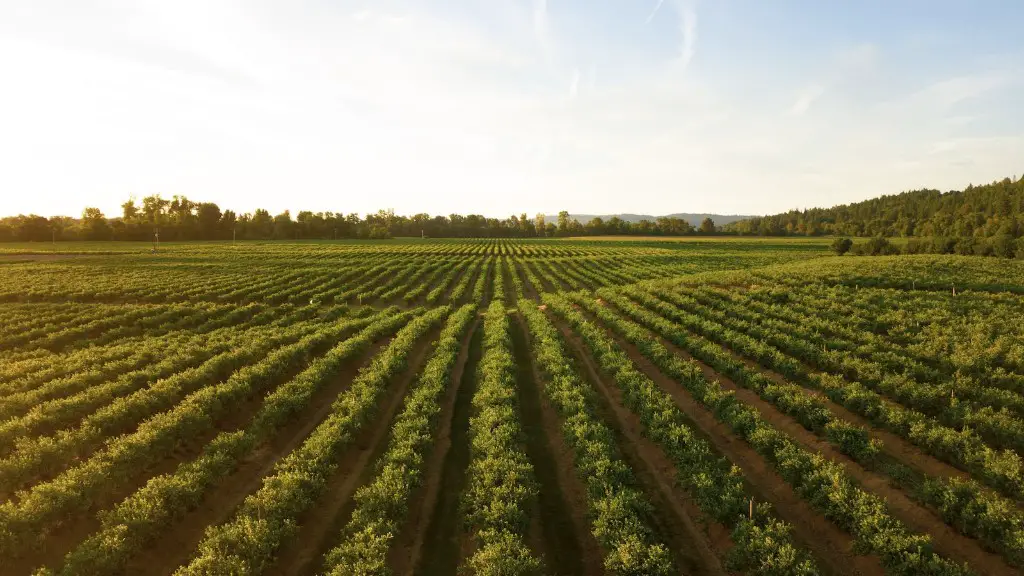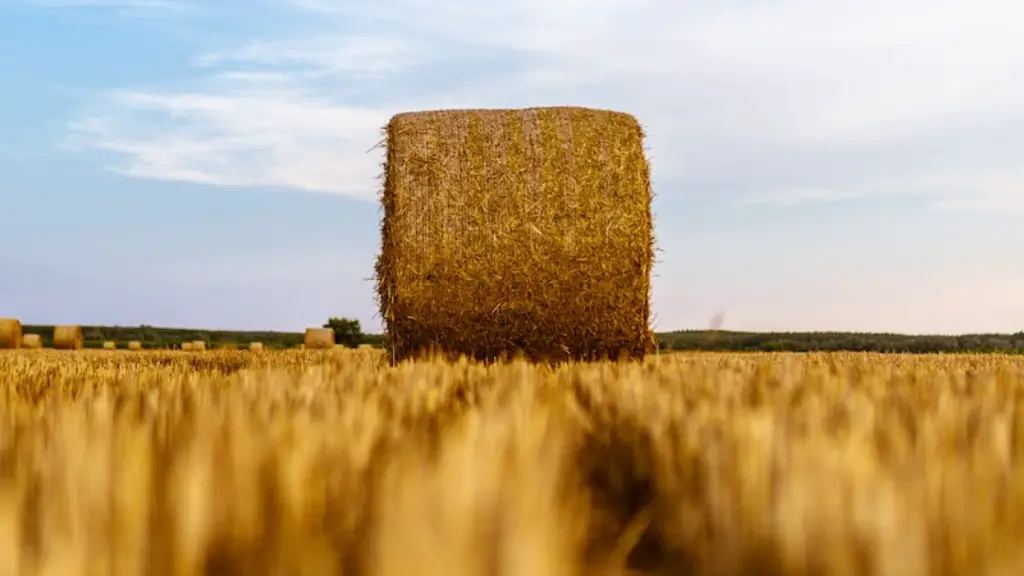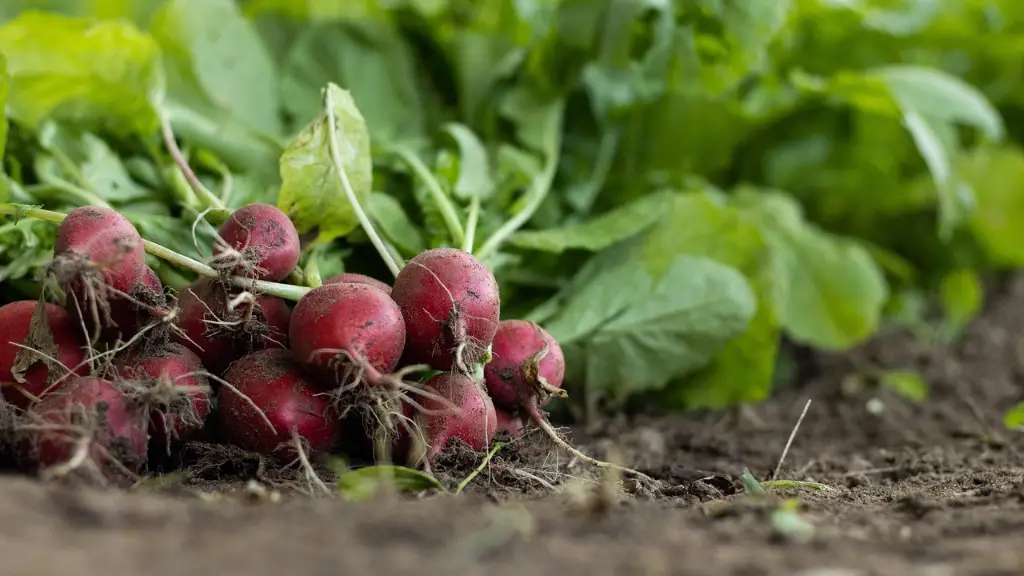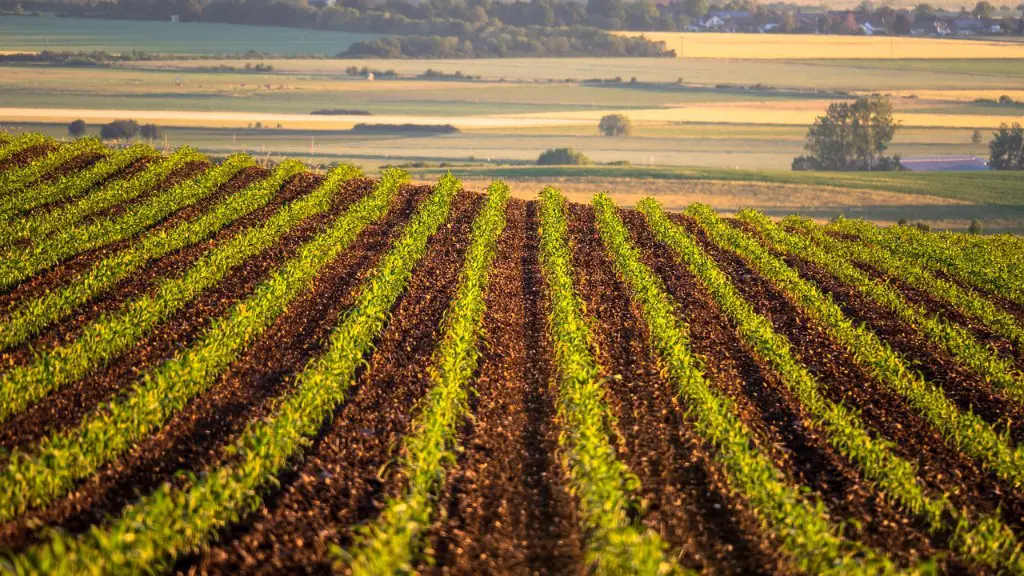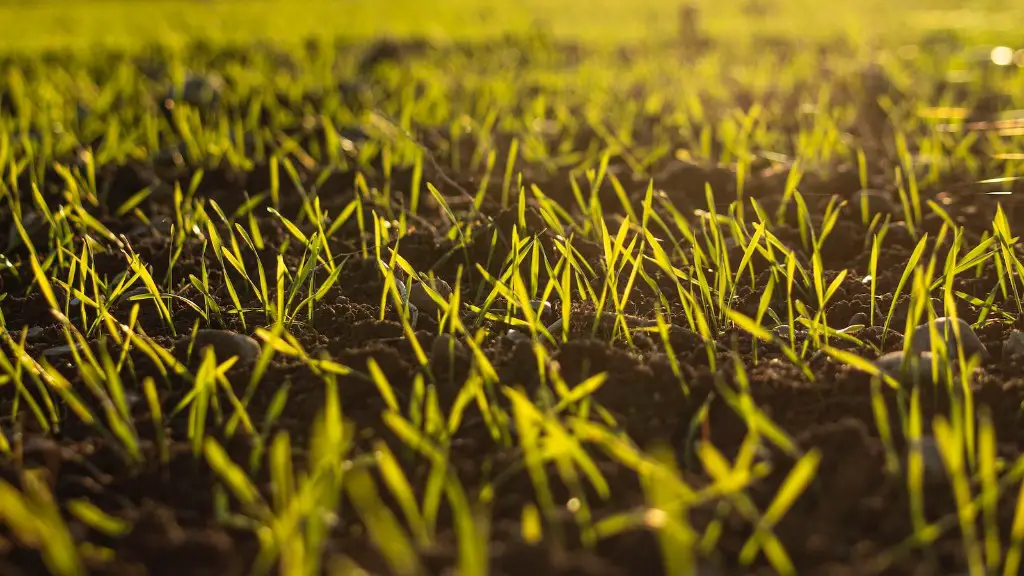If agriculture was stopped in our country, it would have a huge impact on our society. The majority of our population would be impacted because they rely on agriculture for their livelihood. It would also have an effect on our economy, as agriculture is a major industry in our country. There would be a decrease in the production of food, which would lead to an increase in food prices. This would be a major problem for our country, as food is a necessity for everyone.
If agriculture was stopped in our country, it would have a devastating effect on the economy and the food supply. Agriculture is a vital sector of the economy, providing jobs for millions of people and generating billions of dollars in revenue. Without agriculture, our country would be unable to feed its population and would be forced to import food from other countries. This would lead to higher prices for food and an increase in the cost of living. Additionally, it would put our country at a disadvantage in the global marketplace.
What would happen if there was no agriculture?
The most likely answer is something between 2 million and 20 million, as without agriculture, we would be restricted to a semi-nomadic lifestyle. What is certain is that in such a world, with no domesticated livestock, there would be millions more elephants and hundreds of thousands more lions, tigers and whales.
Agriculture is the foundation of human civilization. It is the primary source of food, clothing, and shelter. Without it, we would be naked, hungry, and homeless. Agriculture provides the nutrients we need to survive and the materials we need to build shelter and clothing. It is also the source of many of our favorite foods. Without agriculture, we would be deprived of many of the things that make life worth living.
How does agriculture affect our country
Agriculture is the backbone of many societies and has a profound impact on them. It provides food and livelihoods for people, raw materials for industry, and trade for economies. Agriculture also supports habitat and biodiversity, and helps to regulate the global climate.
The World Bank Group is a leading financier of agriculture. It is committed to helping reduce poverty, raise incomes and improve food security for 80% of the world’s poor, who live in rural areas and work mainly in farming.
The World Bank Group provides financing, technical assistance and policy advice to developing countries to help them boost agricultural productivity and incomes. It also works to improve access to markets and services, and to build the resilience of farming communities to shocks such as droughts and floods.
Why agriculture is important in our life?
Agriculture provides most of the world’s food and fabrics. Cotton, wool, and leather are all agricultural products. Agriculture also provides wood for construction and paper products. These products, as well as the agricultural methods used, may vary from one part of the world to another.
It is impossible to imagine a world without agriculture. Agriculture satisfies the basic need for food for millions of people and live stocks. It provides raw materials for agro-based industries. Export of agricultural produces help in the development of Country’s economy.
How does agriculture help the US economy?
Agriculture’s share of the overall economy has been declining in recent years, but it remains a significant part of the US economy. Agriculture, food, and related industries contributed roughly $1264 trillion to US gross domestic product (GDP) in 2021, a 54-percent share. This is down from a peak of 62 percent in 1950. The output of America’s farms contributed $1647 billion of this sum—about 07 percent of US GDP. This is also down from a peak of 12 percent in 1950.
Agricultural contaminants, including pesticides, nitrates, and phosphorus, impact ground and surface water quality, affecting both urban and rural communities. Synthetic fertilizers deplete soil health and require intensive use of fossil fuels to produce.
These impacts underscore the importance of sustainable agricultural practices that protect and restore water quality. Conservation practices such as cover crops, crop rotation, and the use of organic fertilizers can help reduce agricultural contamination and improve soil health.
What are two benefits of agriculture to a country
Agriculture is the backbone of human survival. Crops for food, silk for clothing, and wood for shelter all come from agriculture. Agriculture provides the raw materials that we need to survive. Without agriculture, we would not be able to meet our basic needs for food, shelter, and clothing.
Agriculture is the main source of raw materials for many industries, including cotton and jute fabric, sugar, tobacco, and edible and non-edible oils. Other industries that rely heavily on agriculture for raw materials include fruit and vegetable processing and rice husking.
Did agriculture make life better?
When early humans began farming, they were able to produce enough food that they no longer had to migrate to their food source. This meant they could build permanent structures, and develop villages, towns, and eventually even cities. Closely connected to the rise of settled societies was an increase in population.
Sustainable agriculture is a vital tool in preserving the earth’s natural resources. By utilizing sustainable practices, farmers can help maintain soil quality, reduce erosion, and preserve water. In addition, sustainable agriculture benefits the environment by helping to preserve biodiversity and promoting sustainable land management.
How did agriculture change human society
More abundant food supplies could mean that people wouldn’t have to worry about where their next meal was coming from, and could instead focus on other pursuits. This could lead to small settlements growing into towns, and towns growing into cities. With people being more free to pursue interests other than simply finding food, this could lead to advances in other areas as well.
Agricultural livestock are responsible for a large proportion of global greenhouse gas emissions, most notably methane. In addition, overgrazing is a major problem regarding environmental sustainability. In some places, stretches of forage land are consumed so extensively that grasses are unable to regenerate.
What are 3 effects of agriculture?
While the development of agriculture in a region positively affects the natural life, oxygen production and climate in the region, inorganic nitrate pollution, pesticide pollution and salinity problems can be listed as the negative effects of agriculture on the environment, especially in regions where intensive agriculture is practiced.
1. Soil fertility loss: Agricultural activities can lead to soil fertility loss through nutrient depletion, soil erosion and organic matter decomposition.
2. Eutrophication of water bodies: Agricultural activities can lead to eutrophication of water bodies through the release of nutrients (e.g. nitrogen and phosphorus) into the environment.
3. Deforestation: Agricultural activities can lead to deforestation through the conversion of forests to farmland.
4. Climate change: Agricultural activities can contribute to climate change through greenhouse gas emissions (e.g. methane and carbon dioxide).
5. Pesticide pollution: Agricultural activities can lead to pesticide pollution through the use and/or release of pesticides into the environment.
Warp Up
If agriculture was stopped in our country, the food supply would decrease, leading to malnutrition and starvation. The economy would also be negatively affected, as agriculture is a major industry in our country. There would be less jobs available, and the prices of food would increase.
If agriculture was stopped in our country, the food supply would be greatly diminished. This would lead to widespread hunger and potentiallyeven starvation. The economy would also be negatively impacted, as agriculture is a major sector. There would be job losses and a decrease in GDP. Additionally, the environment would be affected, as agricultural land would no longer be managed. This could lead to soil erosion and a decline in biodiversity.

